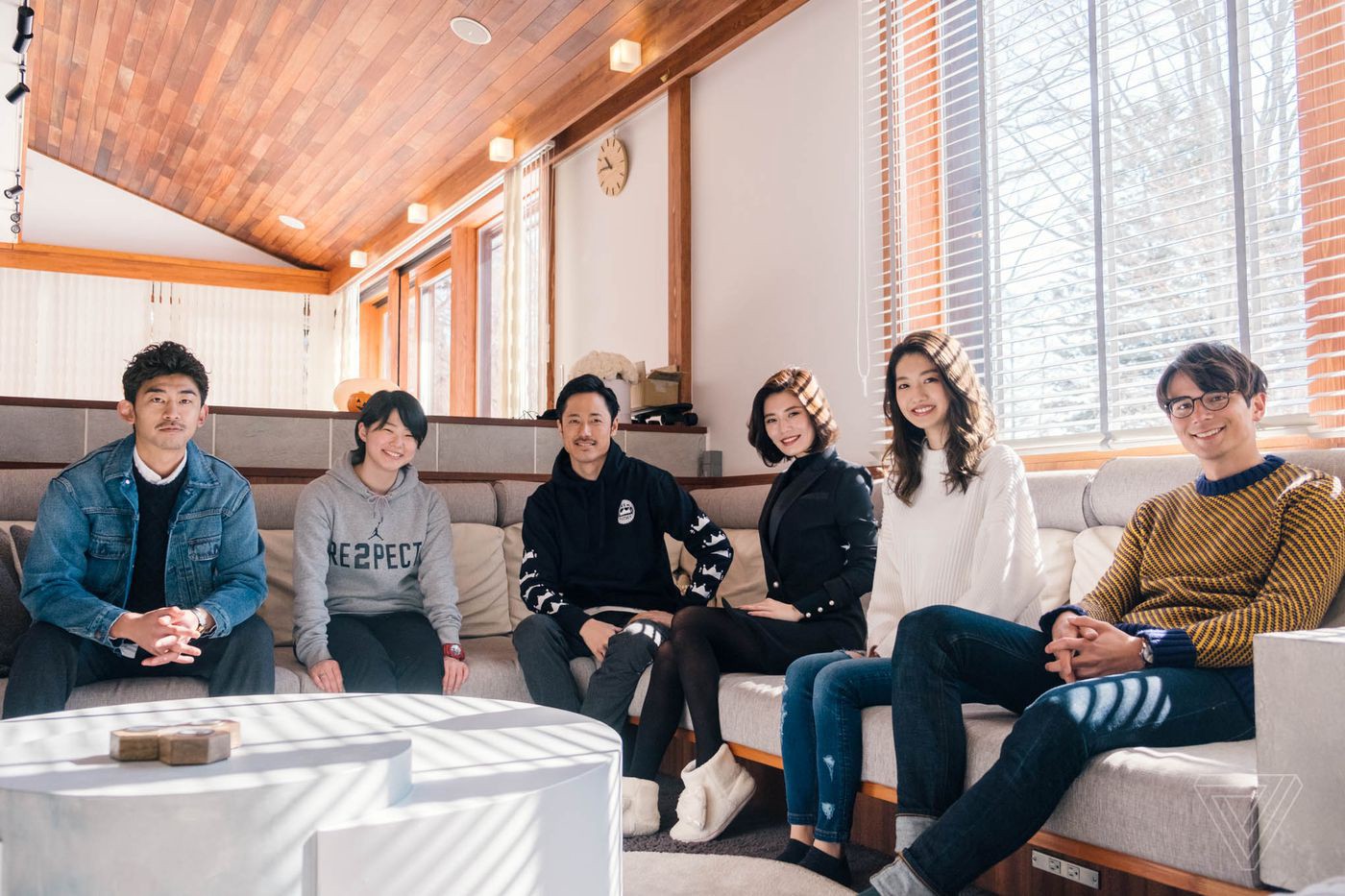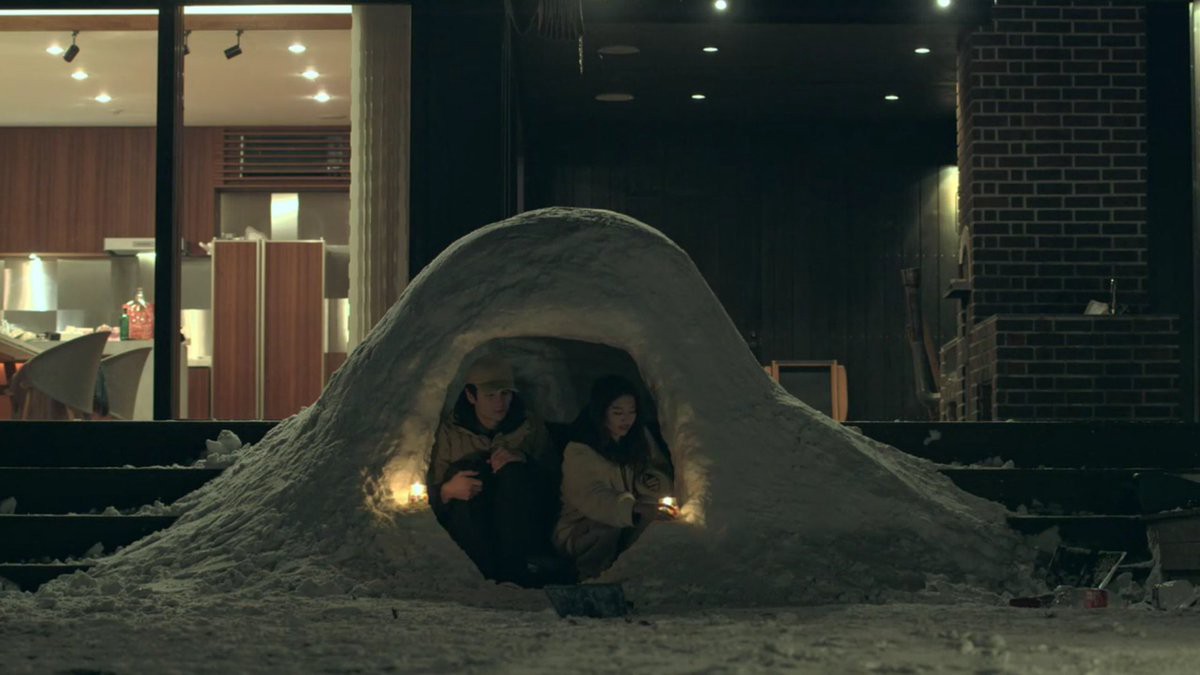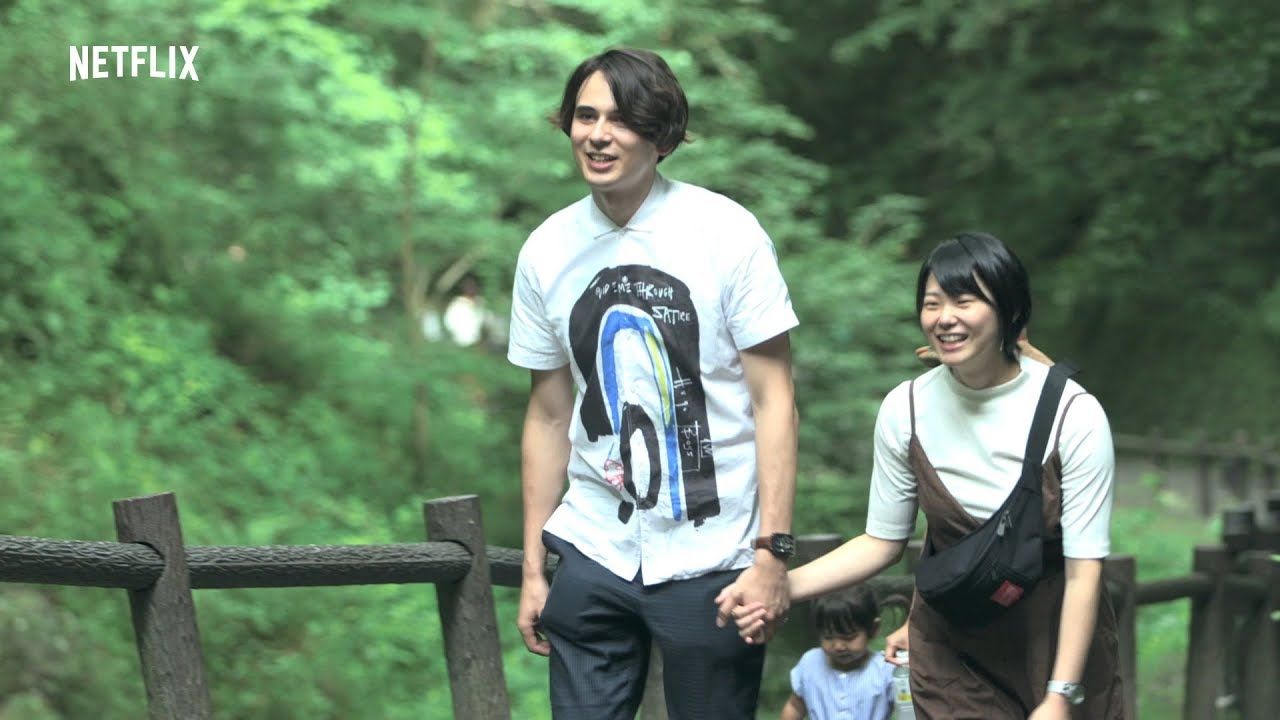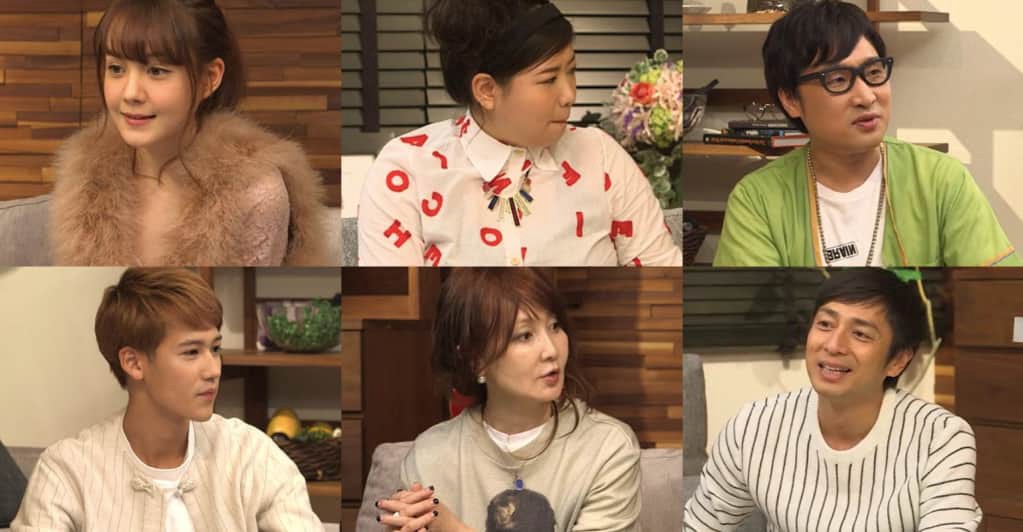Revisiting “Knives Out”- Now on Amazon Prime
Written and directed by Rian Johnson (Looper, Star Wars Episode VIII: The Last Jedi), Knives Out was one of the most clever and intricately crafted films of 2019.
Incluvie Foundation Gala - Learn More
I’ve only watched Terrace House: Opening New Doors but there are several different options taking place in major tourist destinations. There’s Tokyo, Aloha State, and more. I haven’t watched all of the variations so I can’t comment on those directly, but they all follow the same premise as Terrace House: Opening New Doors.
The premise is simple and conventional. Six young people live in a house and we follow their interactions and budding romantic relationships. It’s like The Real World, Japanese edition. The Real World is arguably the first popular reality TV show format. But while Terrace House keeps in tradition by using the same general format, the tone is significantly different.

For starters, Terrace House: Opening New Doors takes place in Karuizawa. It’s in the Nagano prefecture, a bullet train ride away from Tokyo and a short car ride from the ski slopes. Karuizawa has a small-town feel; we see lots of natural scenery, snowboarding, and playing in the front lawn. The pace is slow and the turn of the seasons allows us to see the house year-round.

Whether it’s The Bachelor, Real Housewives, or pretty much anything that can be considered Reality TV, much of the “plot” is either fake or very well orchestrated. Reality TV is ironically not very “real,” but more artificial. That doesn’t make it any less entertaining, much like wrestling is for their fans. It’s about the stories, the betrayals, the power struggles. That is why people tune in. Whereas The Bachelor was in hot water for a copious amount of producer intervention (they would tell contestants that they won so that they’d be upset when they didn’t, amongst many other things), Terrace House is unscripted and doesn’t seem to be orchestrated.
There are no quick cuts, no slow-mo reaction shots, no “throwing water in the face” moments or instances where someone slaps another. Instead, the drama organically swells from the discomfort of getting used to living with strangers and with group dynamics. Friendships form, love interests take shape at a slow and patient pace. Love triangles are very respectful of people’s feelings and love stories are kindly followed from a distance.

The best romance story was between Shion and Tsubasa. It took a few months between their first date and their first kiss. We were able to see their feelings naturally develop and constantly evolve with each thoughtful gesture or stolen moment rather than a quick, heavily edited montage of a sensationalized storyline. They did not scream at each other, nor did they passionately make out. This was… oddly refreshing.
Adding to the absence of constructed drama or producer interference, the contestants are pretty much free to do whatever they want during the day. They still work at their jobs, meet up with their friends, and maintain their careers and social lives. This is more relaxing because reality shows are often the reality stars’ livelihoods. As a result, they fight for the spotlight and blow little things out of proportion.

Terrace House members can also choose when they want to leave. They are never pushed out of their comfort zone and can leave the house at any time for any reason: they’re not finding love, they want to focus on their career, or they’ve gotten enough from the experience. This freedom is quite different from Survivor or 90 Day Fiancé, where the rules and time parameters are already set in place. Because it’s a leave-when-you-wish mentality, Terrace House has a lot of turnover. The cast changes completely by the end and we see a lot of new faces throughout.
The third way it’s different than a lot of American reality TV we normally digest is the presence of many hosts, called “panelists.” There’s usually one standard host on most reality TV shows in the Western world, typically as someone who explains the rules of the situation to the contestants or acts as their moderator. The hosts interact often with the contestants. In Terrace House, on the other hand, the hosts never interact with the people living at the home. They are instead watching the show with us and then commenting on what they saw.

They interact more with the viewer and share opinions on contestants’ personalities and concoct predictions about romantic entanglements. There are also as many hosts as there are house members. Six hosts (also divided into 3 men and 3 women) talk for a while after every act break. The hosts are an integral part of the show and become just as important as the house members. You wait to see what they have to say and try to make sense of what we all just witnessed together. Having this “critique chorus” helps the viewer understand what’s going on and feels like a gentler way to show Reality TV. By bringing the audience into the conversation and not telling us how to feel, it provides a more organic experience as we are all watching the same thing in real-time.
All these things make Terrace House a nice Japanese alternative to reality television. Refreshing, patient, and free: a kind approach.

(This article was originally published by Mick Cohen-Carroll on Medium.)
Related lists created by the same author
Written and directed by Rian Johnson (Looper, Star Wars Episode VIII: The Last Jedi), Knives Out was one of the most clever and intricately crafted films of 2019.
Related diversity category
Malignant is a roller coaster ride of slow-build scares, moments of wonderfully absurd camp, and explorations of autonomy.